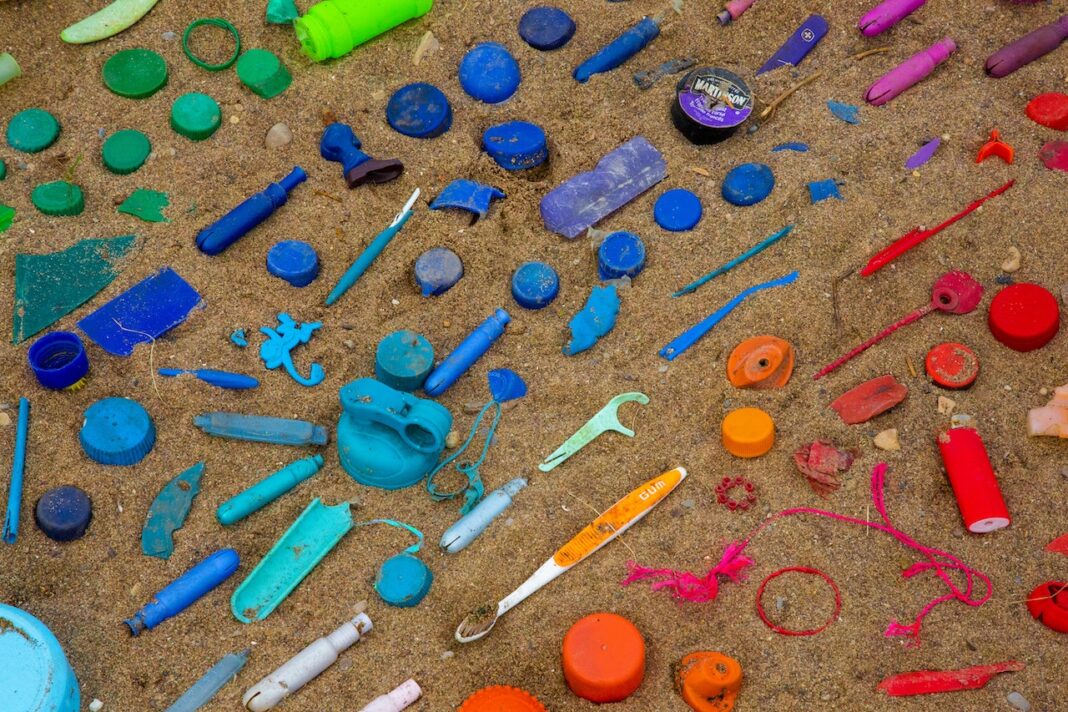In 2016 a species of bacteria was identified at a Japanese waste site as having the natural ability to break down PET; now, a new ‘super enzyme’ has been engineered by scientists to degrade plastic up to six times faster, signalling major developments in the recycling of plastic waste.
The super enzyme was created through a process of ‘linking’ two separate enzymes, both found in the bug in Japan. “When we linked the enzymes, rather unexpectedly, we got a dramatic increase in activity,” explains Professor John McGeehan, director of the Centre for Enzyme Innovation (CEI) at the University of Portsmouth – co-author of the research. “This is a trajectory towards trying to make faster enzymes that are more industrially relevant. But it’s also one of those stories about learning from nature, and then bringing it into the lab.”
This is a trajectory towards trying to make faster enzymes that are more industrially relevant
The scientists’ discovery indicates that by combining it with enzymes which break down cotton, mixed-fabric clothing could also be recycled by the same method, saving millions of tonnes from ending up in landfill or incinerators each year. “Mixed fabrics are really tricky to recycle. We’ve been speaking to some of the big fashion companies that produce these textiles, because they’re really struggling at the moment,” says McGeehan.
French green chemistry company Carbios discovered its own enzyme in April, able to degrade 90% of plastic bottles within ten hours if operated at temperatures above 70C. With the new super enzyme working at room temperature, McGeehan believes collaboration with companies like Carbios could see the method being used at commercial level ‘within the next year or two’.
“There huge potential,” he adds. “We’ve got several hundred [enzymes] in the lab that we’re currently sticking together.”











